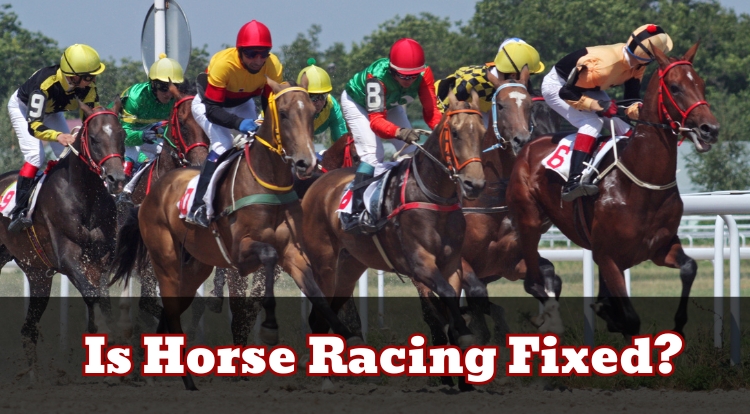Can Footballers Bet?
Football in the UK is guided by strict rules, both on and off the pitch. One area that is carefully managed is betting, which may involve specific restrictions for players at different levels of the game.
Those involved in football are expected to follow clear regulations set by the sport’s governing bodies. These are in place to protect the integrity of the game and maintain trust in how it is played and managed. But what are these rules, and how do they apply to footballers?
Understanding how these rules work is important for anyone interested in the connection between football and gambling. Read on to find out what footballers need to be aware of when it comes to betting.
Are Footballers Allowed To Bet?
Footballers in the UK have to adhere to strict rules about betting, particularly when it comes to placing bets on football. These rules are essential for maintaining the integrity of the sport and are set out by governing bodies and organisations like The Football Association (FA).
Under these regulations, footballers are not permitted to bet on any football-related activities. This includes matches, players, and any football-related events worldwide. These rules apply to all footballers, regardless of the level they play at.
While football bets are off-limits, footballers may place bets on other sports. However, it is important for them to approach gambling responsibly. The UK Gambling Commission (UKGC) provides guidelines to ensure safe and responsible betting practices.
Responsible gambling is key, whether one is involved in sports or not. It’s vital that players understand the importance of these rules and adhere to them to prevent any potential issues related to integrity and transparency in the game.
Why Aren’t Footballers Allowed To Bet?
Footballers face strict rules about betting on football to protect the integrity of the sport. This ensures that matches remain fair, transparent, and free from any undue influence that might come from football betting activities.
Allowing footballers to place bets on football games could lead to conflicts of interest. A player who wagers on a game they are involved in may influence the outcome, either directly or indirectly. This could damage the trust that fans place in the sport and could raise questions about the fairness of matches.
These rules are also in place to maintain the reputation of football. Fans trust that the teams and players they support are participating fairly. If players were betting on matches, it might lead to a perceived lack of trustworthiness in the sport.
By restricting betting activities, governing bodies aim to create a level playing field where everyone involved in the game competes fairly. This approach helps maintain public confidence in the integrity of football and ensures that the focus remains on the sport itself.
Are Footballers Allowed To Bet on Other Sports?
You may have wondered whether footballers are allowed to place bets on sports other than football. In general, they are permitted to do so, meaning they may take part in betting on a range of other sporting events.
However, this does not mean they are free from responsibility. While betting on non-football sports is usually allowed, players must still follow the standards set out by the UKGC, which promote fairness and responsible gambling across all forms of betting.
It is also important for footballers to be aware of any additional rules set by their clubs or leagues. These may include specific policies that apply on top of the wider regulations from football authorities.
What Happens If a Footballer Places a Bet?
If a footballer places a bet on football, it may lead to serious consequences. Governing bodies, such as The FA in the UK, have clear rules that prevent players from betting on the sport at any level. Breaching these rules might result in disciplinary action.
Penalties for betting on football may include fines, suspensions, or bans from playing. These actions are in place to protect the integrity of the game and ensure that all players are treated fairly.
While footballers are usually allowed to bet on other sports, they must still follow the broader rules set by football authorities and the UKGC. Responsible gambling remains important across all types of betting.
By following these rules, players help maintain trust in the sport and support efforts to keep football fair for everyone involved.
**The information provided in this blog is intended for educational purposes and should not be construed as betting advice or a guarantee of success. Always gamble responsibly.




